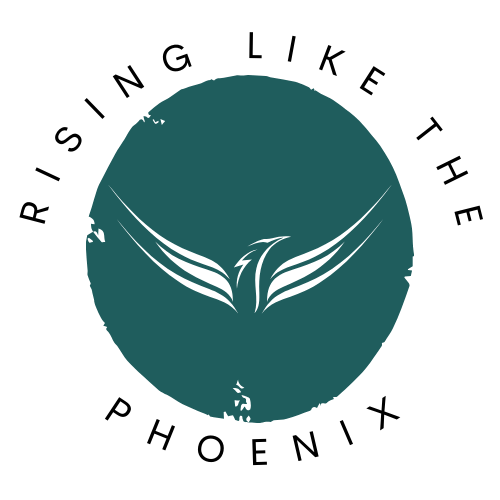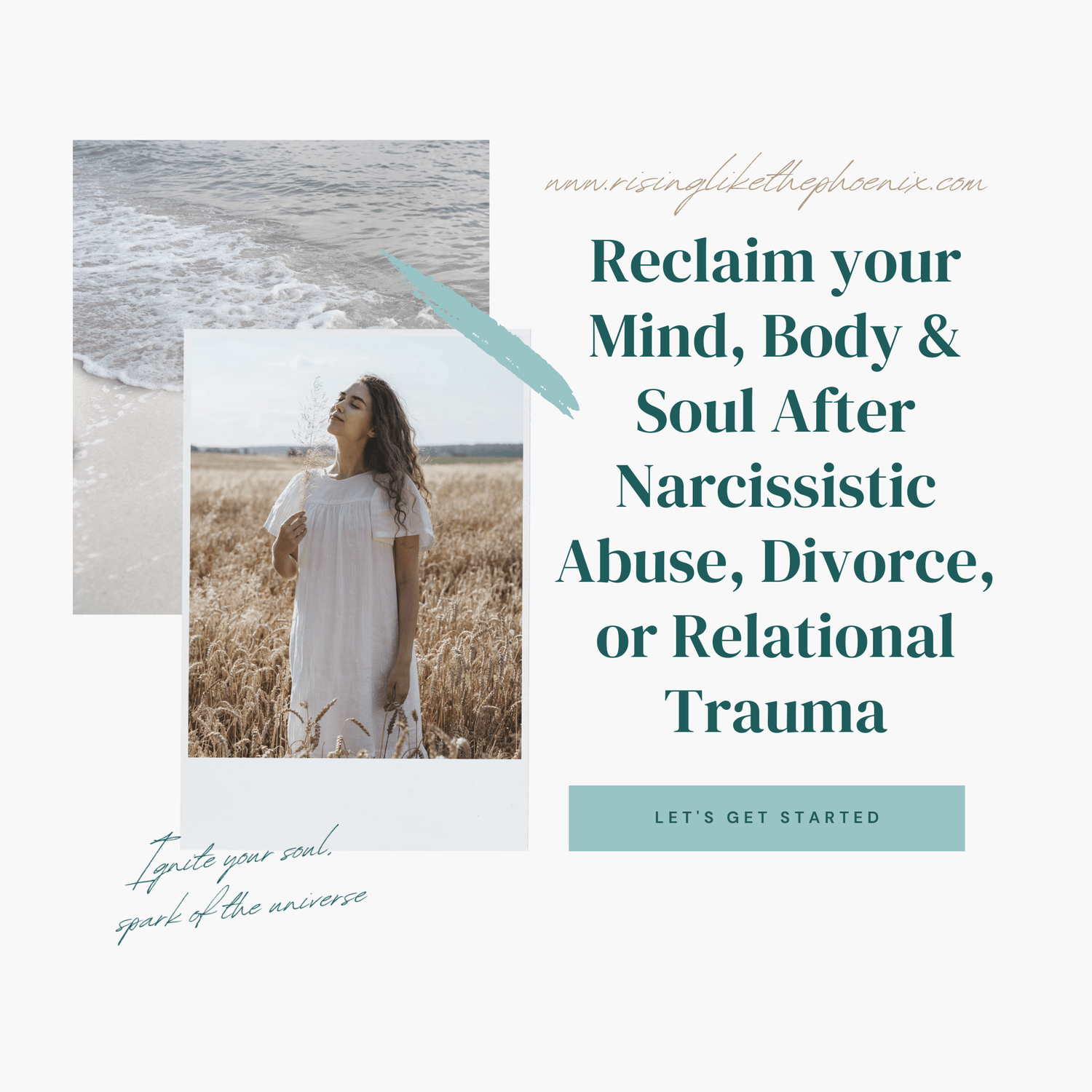Why Boundaries Are Your Superpower in Recovering from Narcissistic Abuse
Why Boundaries Are Your Superpower in Recovering from Narcissistic Abuse
Why boundaries are your superpower in recovering from narcissistic abuse does not seem like a reality. When you’ve lived through the fog of narcissistic abuse, the very idea of setting boundaries can feel foreign -even dangerous. For years, you may have been conditioned to believe that your needs didn’t matter, your “no” was selfish, or that peace could only be bought by giving in. But here’s the truth:
Boundaries are not walls that keep love out; they are doors that protect your peace, your energy, and your healing.
In fact, boundaries are one of the most powerful tools you can use to recover and rebuild your life after narcissistic abuse. Let’s explore why.
1. Boundaries Break the Cycle of Control
Narcissistic abuse often thrives in environments where there are no clear boundaries. A narcissist depends on blurring lines and keeping you second-guessing yourself. They may intrude on your personal space, dismiss your opinions, or manipulate your emotions until you feel you have no ground to stand on.
By setting boundaries, you essentially shine a light on those blurred lines. You make it clear to yourself and to others what is and isn’t acceptable. This isn’t about being confrontational; it’s about reclaiming your right to choose how you will be treated.
Imagine a house with no front door. Anyone could walk in, rearrange your furniture, and take up space without permission. That’s what life without boundaries can feel like. Boundaries are the doors and locks that protect your inner home. They break the cycle of control because they give you back the authority to decide who gets access to your energy, time, and heart.

2. Boundaries Rebuild Self-Worth
One of the most devastating effects of narcissistic abuse is the erosion of self-esteem. Years of criticism, gaslighting, and minimisation leave survivors feeling like their needs don’t matter. You may have been told repeatedly that you were “too sensitive” or “asking for too much.” Over time, that conditioning can convince you that your feelings aren’t valid.
Every boundary you set is an act of defiance against that old belief system. When you say “no” to behaviour that hurts you, you are saying “yes” to your own worth. Each small step -refusing to answer late-night calls, declining invitations that don’t serve you, insisting on respect in conversation -is a building block in reconstructing your self-esteem.
Boundaries remind you that you are not a burden. You are not “too much.” You are a human being worthy of love, care, and respect. The more consistently you protect your needs, the stronger your sense of self-worth will grow.
3. Boundaries Teach Others How to Treat You
Boundaries are often misunderstood as rigid rules meant to control others. In reality, they are guides, a kind of personal manual that shows people how to have a healthy relationship with you.
When you communicate your boundaries clearly and kindly, you are educating others on what respect looks like in your life. For example:
“I need you to call before you visit.”
“I can’t discuss that topic right now; it’s not good for my healing.”
“If you raise your voice at me, I will end the conversation.”
Those who truly care about you will take note and adapt. And those who resist or mock your boundaries reveal something essential: they are not safe for you. This clarity can save you from repeating old patterns and help you invest your energy in relationships that uplift rather than drain you.
Remember, teaching others how to treat you doesn’t make you controlling; it makes you courageous.
5 Steps to Reclaim Your Life
A practical guide to reclaiming your confidence, setting boundaries, and moving forward—without second-guessing yourself.
4. Boundaries Create Space for Healing
Healing after narcissistic abuse requires more than time -it requires safety. Without boundaries, the emotional wounds remain open because you are constantly exposed to the same patterns of disrespect or intrusion. Your nervous system never gets the chance to rest and recover.
When you set boundaries, you carve out a sacred space for your healing journey. This might look like going no-contact with the narcissist, limiting exposure to triggering people, or protecting time each day for journaling, therapy, or rest.
Think of boundaries as creating a protective bubble around your recovery. Within that bubble, you can breathe, process your emotions, and focus on rebuilding yourself without fear of constant attack. This space allows your mind to quieten, your body to release stored stress, and your soul to start trusting again.
Without that space, healing feels like trying to mend a wound that keeps being reopened. With boundaries, your healing finally has the chance to take root.
5. Boundaries Are a Lifelong Superpower
The benefits of boundaries don’t end once you’re out of an abusive relationship -they stay with you for life. They become a superpower that strengthens every area of your world.
In friendships, boundaries help you attract people who value reciprocity instead of one-sided giving. In romantic relationships, they ensure you never lose yourself again in the process of loving someone else. At work, they give you the confidence to speak up, avoid burnout, and claim your worth. Even in parenting, boundaries model healthy self-respect for your children and teach them to do the same.
Boundaries aren’t just survival tools; they’re growth tools. They allow you to dream bigger, connect deeper, and live more authentically because you are no longer living in fear of being walked over or silenced.
Once you’ve learned to use boundaries, you’ll never go back to the person who believed her voice didn’t matter. They are your lifelong shield, your compass, and your reminder that your life is yours to protect and cherish.
You might want to check out How to Set Clear Boundaries After Narcissistic Abuse on the Surviving Narcissism Website.
Another great resource is this article written by Jennifer McGee, LPN, CFNC, on her site Vital Pathways

Practical Steps to Begin Setting Boundaries
Start small. Practice saying no to something low-stakes, like declining an invitation you don’t want to accept.
Get clear on your values. Boundaries are easier to uphold when you know what matters most to you.
Expect pushback. Narcissists and others who benefited from your lack of boundaries may resist. Stay firm.
Celebrate progress. Every “no,” every act of self-respect, is a victory worth recognizing.
Final Thoughts
Recovering from narcissistic abuse isn’t easy, but boundaries are one of the strongest allies you’ll ever have. They are not signs of selfishness or weakness -they are your superpower. Each one you set is a declaration that you are worthy of respect, love, and freedom.
Healing takes time, but boundaries ensure that the life you’re rebuilding is protected, nurtured, and authentically yours.
👉 Diane’s upcoming course A Girlfriends' Guide to the Other Side dives deeper into practical boundary-setting strategies and offers exercises to help you strengthen this vital skill.
If you want to be notified of its launch early next year, register for our Rise Weekly Newsletter, where Diane will keep you informed weekly of its progress and other suggestions toward your healing journey.
Remember you are not alone

Hi, I’m Diane – and I’m so glad you’re here
Diane is the author of A Girlfriends' Guide to the Other Side: Reclaim Your Mind, Body, and Soul After Narcissistic Abuse, Divorce, or Relational Trauma.
After surviving the wreckage of a controlling relationship that stripped her identity, she turned her pain into purpose. Through her book, course, and community, Diane now guides women on the journey of rebuilding self-worth, setting healthy boundaries, and reclaiming their lives.
Her mission is simple: to remind every woman that healing is possible, and that your future can be brighter than your past.
Categories
Rise Weekly Newsletter
Because healing isn’t just about surviving, it’s about rising. Rise Weekly delivers empowering insights, gentle reminders, and soulful tools to help you reclaim your strength, set powerful boundaries, and rebuild a life that feels like you. If you're ready to rise above trauma and step into your next chapter with clarity and courage - this is your space.
Created by © Suzanne Startari with systeme.io





